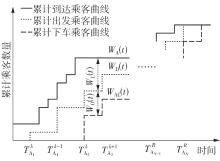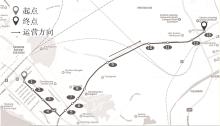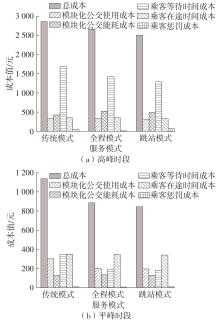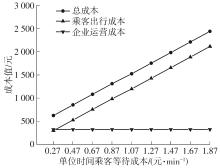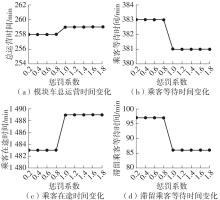Journal of South China University of Technology(Natural Science Edition) ›› 2025, Vol. 53 ›› Issue (8): 42-49.doi: 10.12141/j.issn.1000-565X.240355
• Intelligent Transportation System • Previous Articles Next Articles
A Study on the Optimization of Modular Autonomous Public Transit Services
ZHANG Jiyu1, TANG Chunyan2
- 1.School of Transportation Engineering,Chang’an University,Xi’an 710064,Shaanxi,China
2.College of Transportation Engineering,Dalian Maritime University,Dalian 116026,Liaoning,China
